
Importance of Efficient Reading and Note-Taking for PhD Students
Benefits of efficient reading for PhD students
Efficient reading helps PhD students digest large volumes of academic material quickly. It allows them to stay updated with the latest research in their field, saving time and improving understanding. Additionally, it enhances critical thinking skills and aids in forming well-informed opinions.Importance of effective note-taking in academia
Effective note-taking is crucial for PhD students to capture key points from lectures, conferences, and research papers. It helps in organizing thoughts, locating information when needed, and synthesizing ideas for writing projects. Good notes streamline the study process and serve as valuable references during thesis preparation.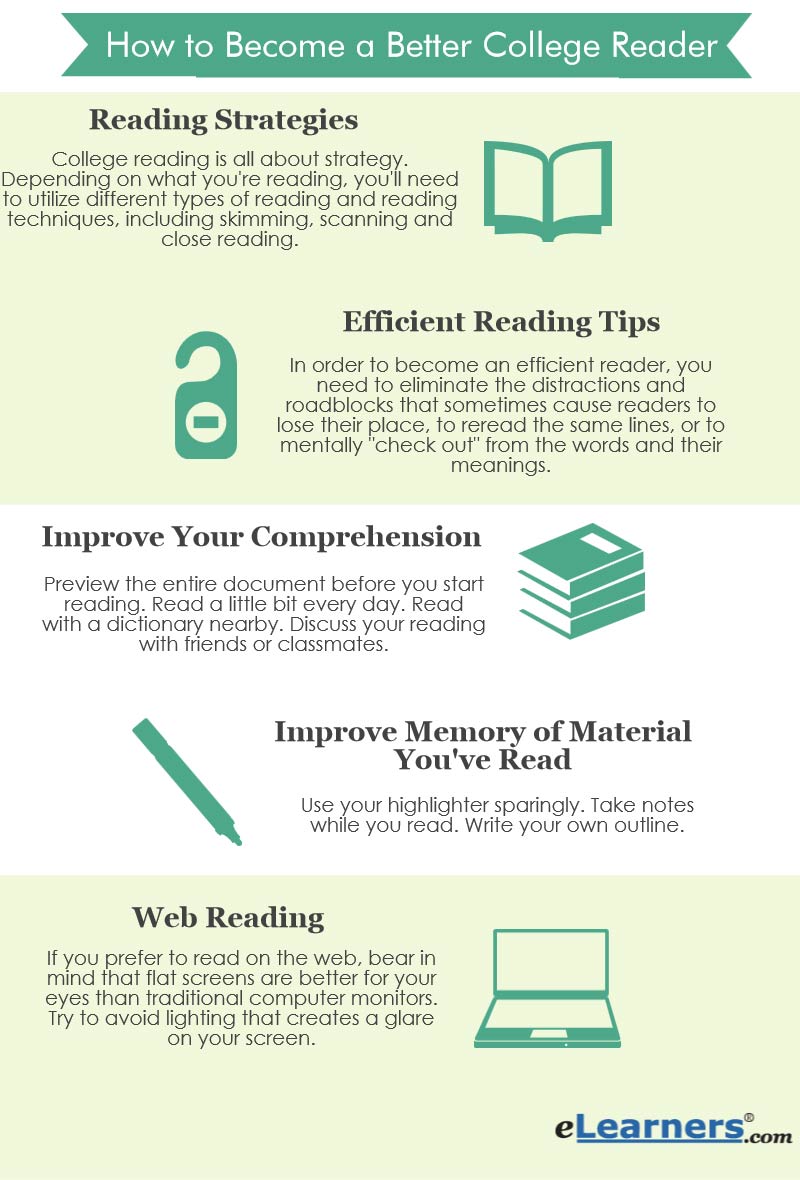
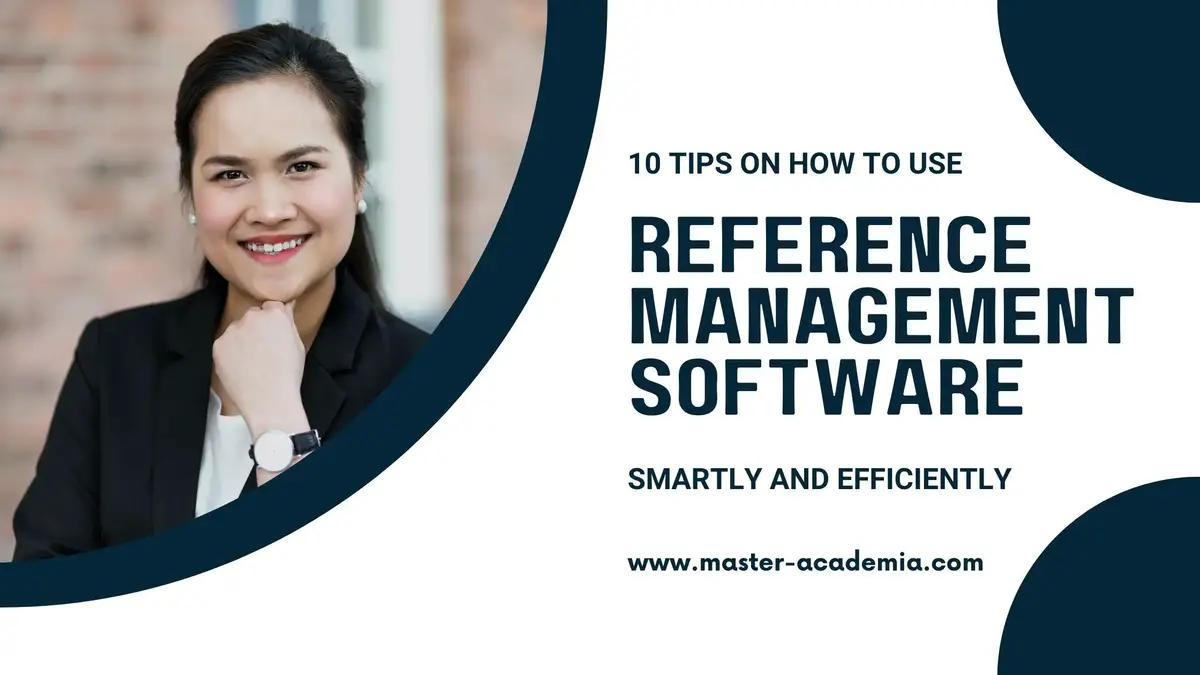
Strategies for Efficient Journal Paper Reading
Skimming and scanning techniques
Annotating and highlighting key points
In the realm of academia, efficient reading enables quick comprehension of vast amounts of scholarly content among PhD students. By staying abreast of the latest research findings in their disciplines, they save time and boost their critical thinking abilities, aiding in the formation of informed perspectives.
When it comes to effective note-taking, PhD scholars can capture essential insights from lectures, academic discussions, and publications. This practice facilitates idea organization, quick retrieval of information, and synthesis for various writing tasks. Thorough notes simplify studying processes and provide valuable resources for thesis writing.
Tools for Efficient Journal Paper Reading
Reference management software
Digital note-taking apps

Enhancing Note-Taking Skills
Summarizing information effectively
Enhancing note-taking skills involves summarizing information concisely for better understanding and retention. PhD students can practice condensing key ideas to capture the essence of lectures and research papers efficiently.Creating an organized note-taking system
Developing an organized note-taking system is vital for PhD students to categorize and retrieve information easily. Utilizing tools like color-coding, bullet points, and diagrams can enhance the organization of notes, making them more accessible during thesis writing.
Enhancing Note-Taking Skills (Continued)
Concept Mapping Techniques
Enhancing note-taking skills involves summarizing information concisely for better understanding and retention. PhD students can practice condensing key ideas to capture the essence of lectures and research papers efficiently.Creating an organized note-taking system
Developing an organized note-taking system is vital for PhD students to categorize and retrieve information easily. Utilizing tools like color-coding, bullet points, and diagrams can enhance the organization of notes, making them more accessible during thesis writing.Utilizing Mind Mapping for Better Understanding
Using mind maps for comprehensive note-taking
Dr. Smith emphasizes how PhD students benefit from utilizing mind maps for comprehensive note-taking. By visually connecting concepts and ideas, students can enhance understanding and recall when studying complex topics. Integrating mind mapping techniques into study routines can improve academic performance and streamline information processing for research projects.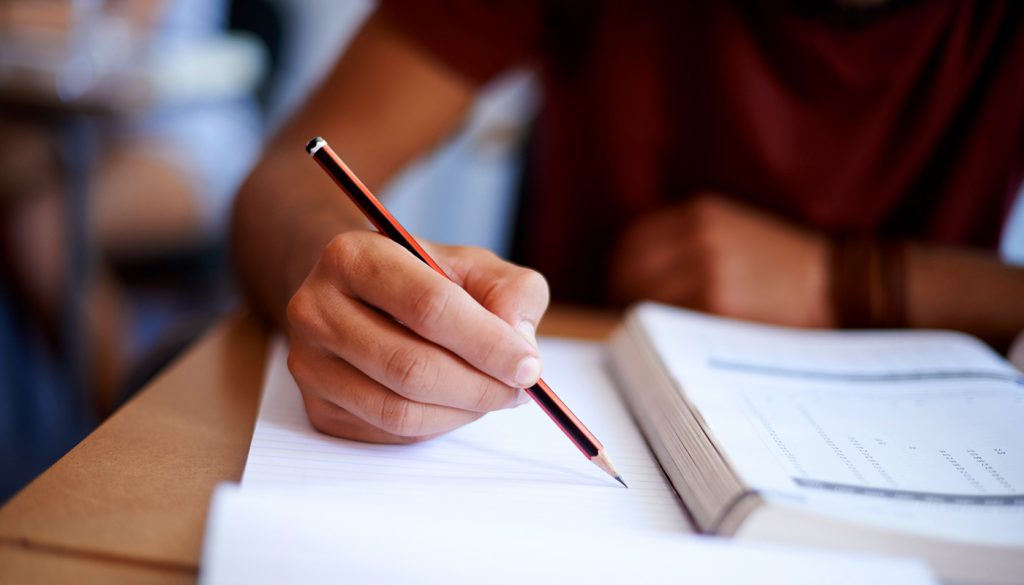
Active Reading Techniques for PhD Students
Engaging with the text through questioning
By engaging with the text through questioning, PhD students can deepen their understanding of complex concepts and research findings. Asking relevant questions helps in critical analysis and encourages a deeper exploration of the material. This active reading approach fosters a more interactive and insightful learning experience.Making connections between different papers
Making connections between different papers allows PhD students to see broader patterns and themes within their field of study. This comparative analysis enhances their research capabilities and provides a more holistic view of the subject matter. By linking ideas across various sources, students can develop a more nuanced understanding of their research area.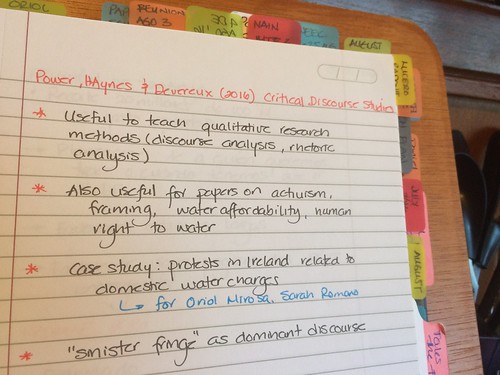
Tips for Writing Effective Notes
Strategies for concise note-taking
Effective note-taking involves summarizing key points and relevant details in a clear and organized manner. By focusing on essential information, PhD students can create concise notes that are easier to review and study later on. Utilizing bullet points or short phrases can help streamline the note-taking process.Incorporating personal insights into notes
Adding personal insights to notes can help PhD students connect the material to their own experiences and research interests. By reflecting on how the information relates to their work, students can deepen their understanding and retain the content more effectively. Integrating personal perspectives into notes offers a unique and personalized approach to studying.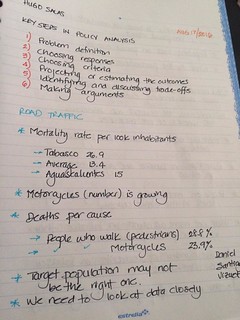
Time Management Strategies for Reading and Note-Taking
Setting specific reading and note-taking goals
When engaging in note-taking, it's essential for PhD students to set clear goals for what they aim to achieve. Defining specific objectives helps in focusing on relevant information and avoiding unnecessary details. By outlining these goals prior to reading, students can enhance their efficiency and effectiveness in the note-taking process.Creating a schedule for efficient paper reading and note-taking
Establishing a structured schedule is crucial in managing time effectively while reading and taking notes. PhD students can allocate dedicated time slots for both activities, ensuring that they maintain a balanced approach to their academic tasks. By creating a routine that prioritizes reading and note-taking, students can maximize productivity and knowledge retention.
Conclusion
Importance of efficient reading and note-taking in academic research
Efficient reading and note-taking are vital for PhD students to succeed in their academic research. By setting goals and creating schedules, students can enhance productivity and focus. These strategies enable a more structured approach to absorbing and retaining knowledge from scholarly resources.
Final thoughts on optimizing reading and note-taking practices
Optimizing reading and note-taking practices is key for PhD student success. Developing effective time management skills contributes to better comprehension and analysis of research materials. By implementing clear goals and routines, students can elevate their academic performance and research outcomes.
Comments
Post a Comment